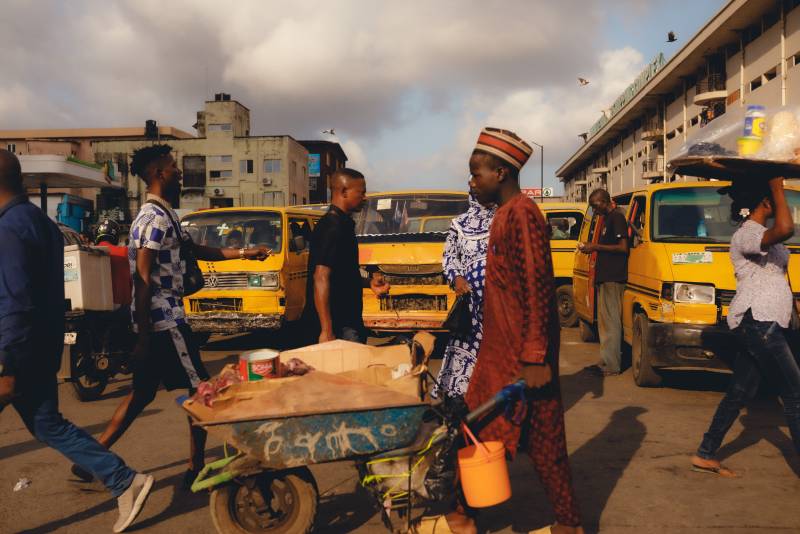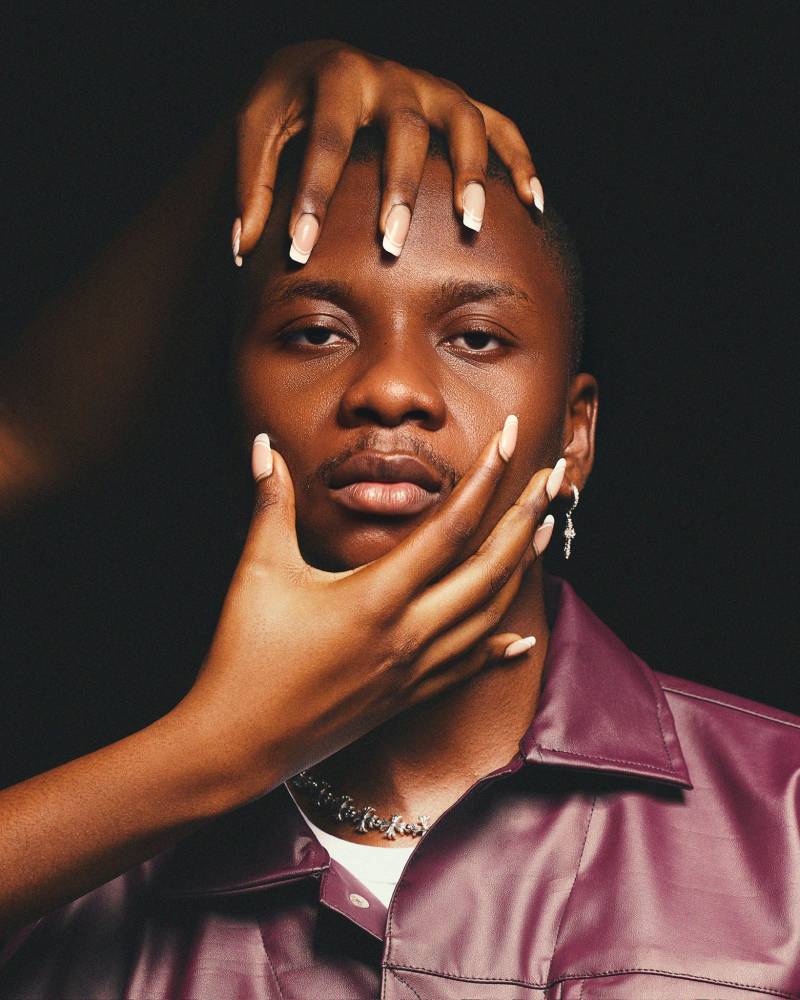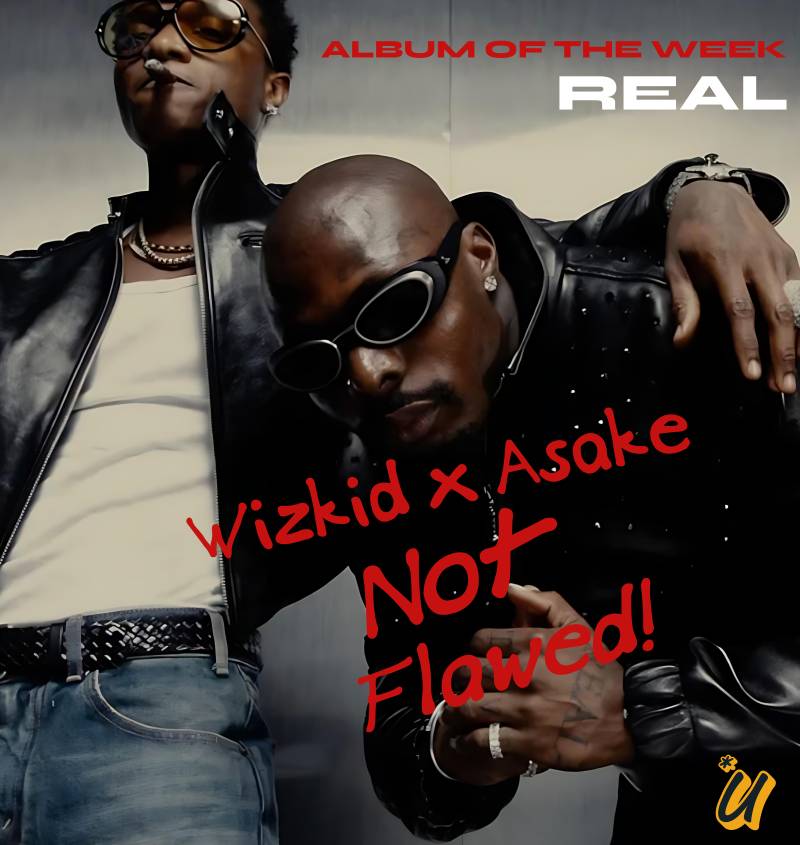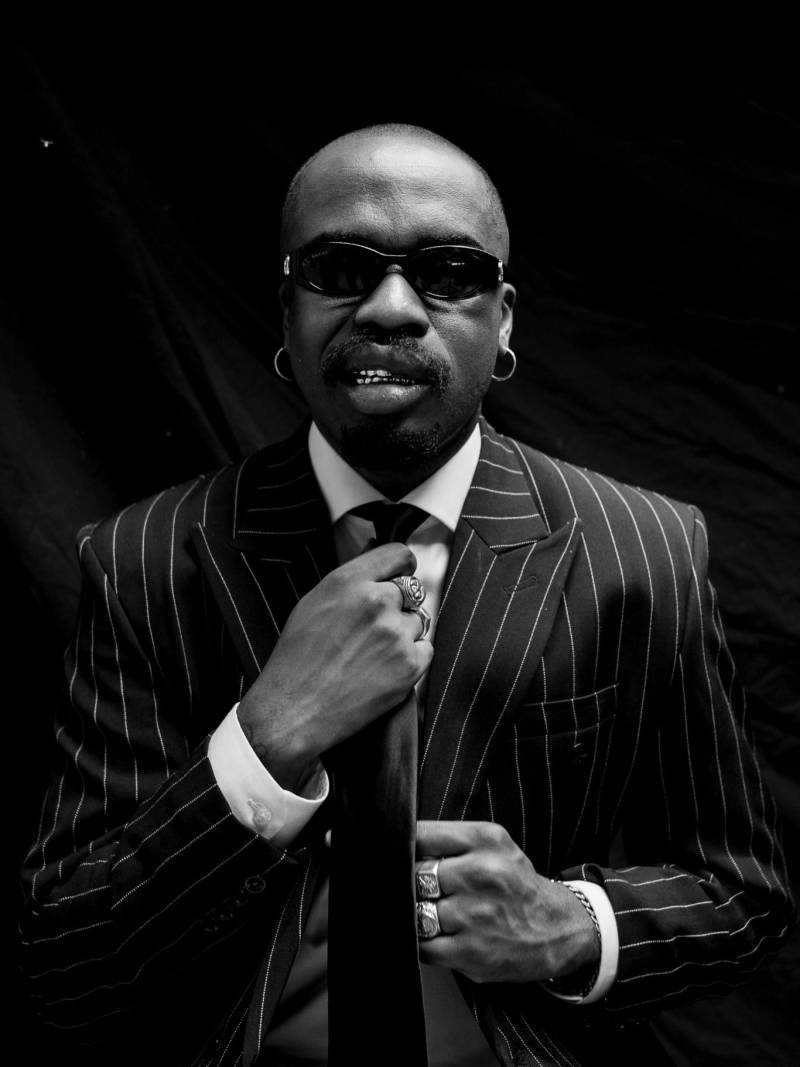COLORS is now working with seasonal color palettes to inspire all activities across our brand. To celebrate the launch of PALETTE 1—a melange of primeval colors such as reds, oranges, yellow ochre, and clay-like umbers that humans have used for self-expression for centuries—we’re publishing “COLORS STORIES” by contributors from the COLORS community that delve into what the colors in the palette mean to them. To kick things off, writer Ify Obi and photographer Manny Jefferson decided to base their COLORS STORY on the distinct shade of yellow that lines Lagos’ public transportation systems. Dive into their photo story to find out more about the cultural significance of Danfos, their links to Nigerian music culture, and the economic challenges that threaten their existence.

Nothing conveys the tenacity, faith, and awe-inspiring optimism of the people of Lagos like their city's colorful tourism system. Lagos loves yellow. Among the beautiful seas that are colored in all parts of the Nigerian metropolis, it is the vibrant purple that catches your eye and fills the excitement and excitement of the country's culture. The most recognizable yellow cast in Lagos comes from the public transport system, from Danfos and Molues (cars) to Kekes (tricycles) and Cabu Cabus (taxis). Danfos (which means "make haste" in Yoruba) is particularly interesting. Across the country, these often disruptive cars move like a tornado, relying on the drivers' encyclopedic knowledge of space to propel them safely from one point to another. to a point. Meanwhile, Danfo drivers are shouting the name of the bus station, determined to fill all their 12 to 16 seats and pay. More than a form of transportation, Danfos are an integral part of Lagos' cultural identity, and nothing epitomizes the resilience, faith, and optimism of Lagosians like them. Reading the beautiful writings in Yoruba, Arabic and Pidgin English written on the bus is to understand the personal thoughts of their drivers: some places are covered with prayers and educational words such as "God dey" », "Oye Olohun (God understands)", "Go to Mecca! ", "Oluwa Loseyi (God forbid)" and "Alhamdulillah (which means "Glory to God" in Arabic)", others express words supporting words and philosophical approaches such as "Soro Soke (and -speak)", "Sopetie (grateful)" , "No permanent situation" and "No worries". Many are also covered in posters featuring rappers' favorite artists—images of Wizkid, Asake, Seyi Vibez, Pasuma Wonder, Portable, and K1 De Ultimate are almost everywhere. the inescapable—his music, along with a variety of apala, juju, fuji, and afro beats, blaring from the car's loudspeakers.

Danfos' concept of speed, incredible power, and a state of continuous mobility to places of potential benefit directly reflects life in one of Africa's most urbanized cities. However, these days, Lagos' expensive yellow buses are struggling to operate despite the country's socio-economic crisis. According to the National Bureau of Statistics (NBS), Nigeria's economy has been experiencing double-digit growth since February 2016, at 11.38 percent. The current inflation rate, at 22.41 percent, is the highest in 17 years. Also, the removal of fuel subsidies by President Bola Tinubu during his inauguration speech at the beginning of the year fueled the rise in fuel prices. car. While the pump price of oil in Nigeria was about 206.19 naira per liter or 0.27 euro in December 2022, today it stands at 617 naira or 0.62 euro per liter. “I feel your pain. This is the decision we have to make to save our country,” said President Tinubu in his speech. The effect of this? The rising cost of living problems affects all social conditions. "These days, my car takes a long time to fill up," said Idowu, a bus driver who has been plying the Oyingbo-Bariga road for over four years. "These trucks you see here have not left this park for three days," adds Mr. Sunday Ajibola, a truck driver in Masha, Surulere, who has been on the road for 35 years. “There is no fuel, the money used to buy fuel is not there, passengers are not coming.

We have nothing to do. The NBS report said that due to the increase in fuel prices, "the rate that passengers pay for bus travel within the city per stop [at bus stations] increased by 97.88% from 649.59 naira in May 2023 to 97.88% .. N1,285.41 in June 2023. » Lagos traffic used to be noisy, the yellow noise is now quieter as commuters have started to opt for cheaper modes of transport, from walking to cycling. away, as advised by the Federal Road Safety Corps. FRSC). Fuel prices are not the only threat to the existence of Danfos: over time, few attempts are made to eliminate the yellow car Yellow completely supports a modern transportation system "suitable for a megacity." Examples include the new Lagos Blue Rail Transit, Lagos Bus Rapid Transit (BRT), and the LagRide ride-hailing taxi initiative. "We invite the private sector to participate in the provision of public transport services," Dr. Frederic Oladeinde, Lagos State Commissioner for Transport, said at the 2021 session. Before this, the former governor of Lagos State had the same idea. "When I woke up in the morning, I saw these yellow cars... so we pretend that we are a big city, that's not true and we have to know first that it's a merger and that It is wrong that we are exploiting." Although previous attempts to get yellow cars off the road have failed The successful ban of Okadas (commercial motorcycles) in 2022 by Governor Babajide Sanwo-Olu shows that the government has the power to follow through on its threats. Danfos already has the influence of Uber, Bolt (formerly known as Taxify), and the aforementioned Lagos State ride-sharing system, LagRide. "Uber has ruined our business. Before, things were better, but now, it is worse," lamented Mr. Ajibola. In the face of these obstacles, the yellow buses of Lagos still exist. When I asked Mr. Ajibola if he plans to retire soon, he laughed and replied: “Retirement? If I retire, what will I do? People need money to retire, and they don't have it. » For Idowu, however, he is still convinced that life can get better. "Nigeria will be better if we pray," he said. In fact, supporting the end of Danfo vehicles means stripping Lagos of its identity and destroying the sense of well-known Lagos people. "I can't imagine waking up without seeing their colors or hearing their sound on the road," said Richard Onuoha, a student at the University of Lagos who travels daily in a Danfo bus. “They are our culture. Even when you ask Nigerians abroad, this is one of the things they can easily explain about Lagos. It would be a real shame to take all of this away.

“To read the colorful inscriptions in Yoruba, Arabic, and Pidgin English pasted on the buses is to understand the personal ideologies of their drivers.” “God dey (God is present)”, “Oye Olohun (God understands)”, “Up Mecca!”, “Oluwa Loseyi (God did)”, and “Alhamdulillah (meaning ‘praise be to God’ in Arabic)”, others feature affirmative slogans and philosophical street slang like “Soro Soke (speak up)”, “Sopetie (be thankful)”, “No condition is permanent”, and “No stress”. “I feel your pain. This is one decision we must bear to save our country,” President Tinubu declared in an address. The effects of this? A worsening cost-of-living crisis felt across all social strata. “These days, my bus takes longer to fill up,” says Idowu, a bus driver who has been covering the Oyingbo to Bariga bus route for a little over 4 years. “These cars that you’re seeing here haven’t left this park for three days,” adds Mr Sunday Ajibola, a taxi driver in Masha, Surulere, who has been on the road for 35 years. “There is no fuel, no money to buy fuel, and the passengers are no longer coming. We have nothing to do.” “There is no fuel, no money to buy fuel, and the passengers are no longer coming. We have nothing to do.” A report by the NBS stated that as a result of the fuel price hike, “the average fare paid by commuters for bus journeys within the city per drop [at a bus stop] increased by 97.88 percent from N649.59 in May 2023 to N1,285.41 in June 2023.” “Danfos are our culture. Even when you ask Nigerians in the diaspora, it is one of the things that they can easily point out about Lagos. It would be quite sad to take all of that away.”
COLORS, Written by Ify Obi




